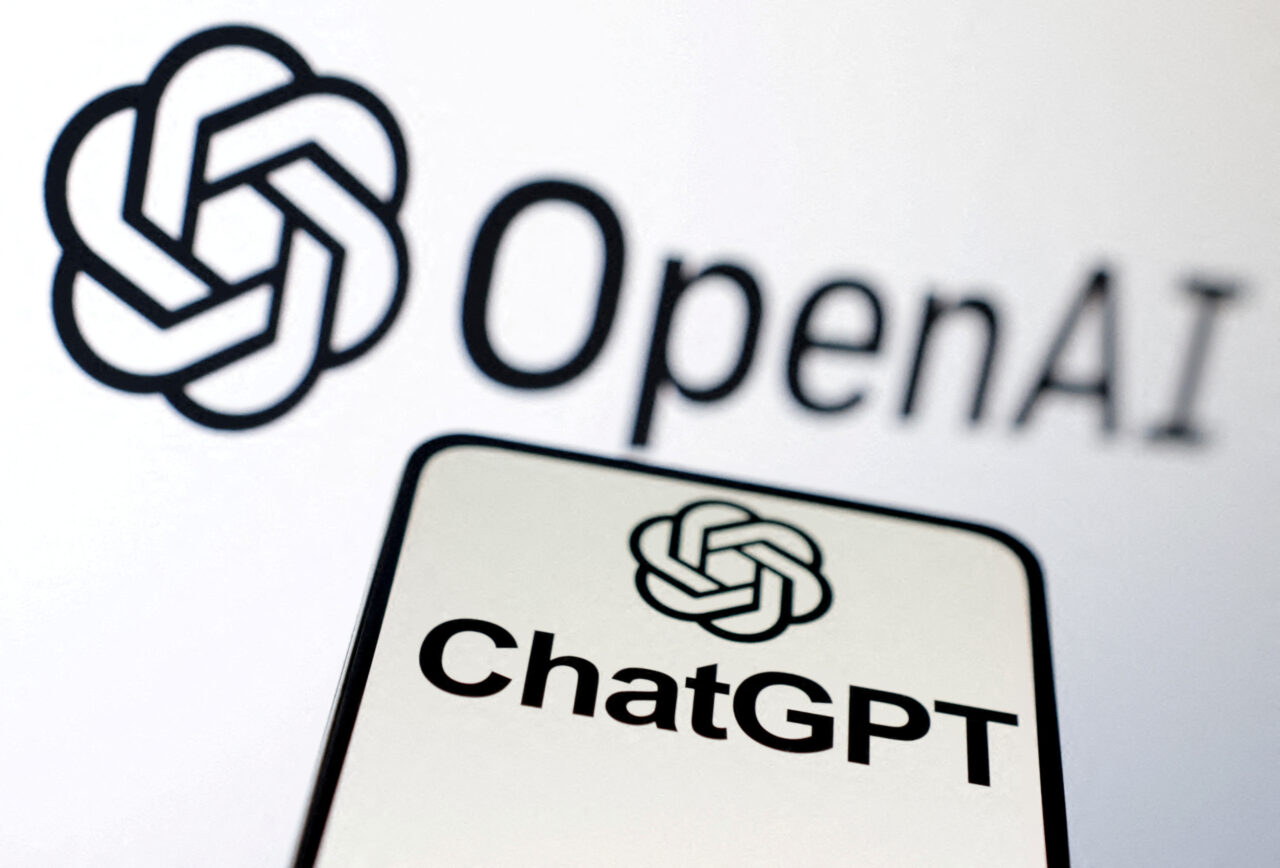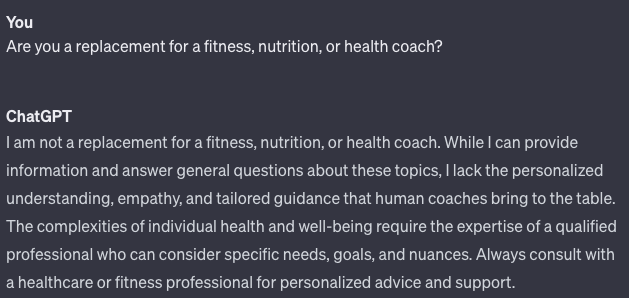
Is ChatGPT Shaping the Future of Health Coaching in 2024?
Artificial Intelligence (AI) continues its meteoric rise in 2024, reshaping how we interact with the world. Sundar Pichai, Google’s CEO, believes AI’s impact will surpass even that of fire or electricity in influencing humanity’s evolution. The potential applications of AI are vast, spanning climate change, cancer research, and space exploration.
One notable AI form making waves is ChatGPT, a chatbot technology platform developed by OpenAI. It’s not just a tool for personal and professional tasks; it’s a potential game-changer in various sectors, including healthcare. As we explore the role of ChatGPT in the health and wellness landscape, it’s crucial to examine its impact in the ever-evolving world of 2024.
ChatGPT: A Quick Overview
ChatGPT, or Generative Pre-trained Transformer, is more than a chatbot. It responds to a broad spectrum of user requests, from answering questions to language translation and completing text inputs. Fueled by natural language processing (NLP), ChatGPT aims to deliver “conversational” and “human-like” interactions.
AI in the Limelight
As ChatGPT becomes more accessible, questions arise about its potential to automate tasks, even in fields traditionally reserved for human expertise, such as healthcare. Social media platforms like TikTok showcase how ChatGPT might automate workout and diet plans, raising the question: Is ChatGPT the new health coach of 2024?
ChatGPT vs. Human Health Coaches
Despite its capabilities, AI, including ChatGPT, cannot replace the unique qualities human professionals bring to their roles. Let’s explore why ChatGPT might not fully step into the shoes of a health coach.
1. Data Limitations
ChatGPT’s knowledge base, last updated in 2021, poses inherent limitations. Outdated information and the possibility of generating plausible-sounding yet incorrect answers emphasize the need for users to critically evaluate ChatGPT’s responses.
2. Lack of Personalization
While ChatGPT excels in generating responses based on general information, it falls short in providing personalized guidance. It cannot consider individual nuances and complexities crucial for tailoring health plans to specific needs—a key strength of human health coaches.
3. Absence of Empathy
Koko’s experiment in mental health support revealed that AI-generated messages outperformed human-written ones in efficiency. However, the lack of empathy led to their removal, underscoring the irreplaceable human touch required for optimal well-being.
Take it from ChatGPT itself:

ChatGPT in the Workplace: A Double-Edged Sword
As organizations explore ChatGPT’s capabilities, concerns about job automation persist. An experiment incorporating ChatGPT in a hiring process showed limitations. While the model performed well with specific guidance, generic prompts resulted in competent but dull outputs. This highlights the need for a human touch in creative endeavors.
AI as a Workplace Supplement, Not a Replacement
The future of work involves using AI tools like ChatGPT to enhance human capabilities, not replace them. The focus is on teaching employees how to leverage AI for tasks rather than replacing them. The lack of free will in AI necessitates human guidance, emphasizing the continued need for human skills in the workforce.
The Takeaway for 2024
While ChatGPT holds potential as a workplace tool, its limitations prevent complete human replacement. In health coaching and writing, where expertise, personalization, and creativity matter, human professionals remain indispensable. AI tools can supplement human capabilities, fostering efficiency and creating new opportunities rather than eliminating jobs.
In conclusion, while ChatGPT and AI technologies may play a growing role in healthcare, the nuanced and complex nature of human well-being suggests that a holistic approach, including personalized health coaching, remains crucial for a thriving and productive workforce in 2024.



